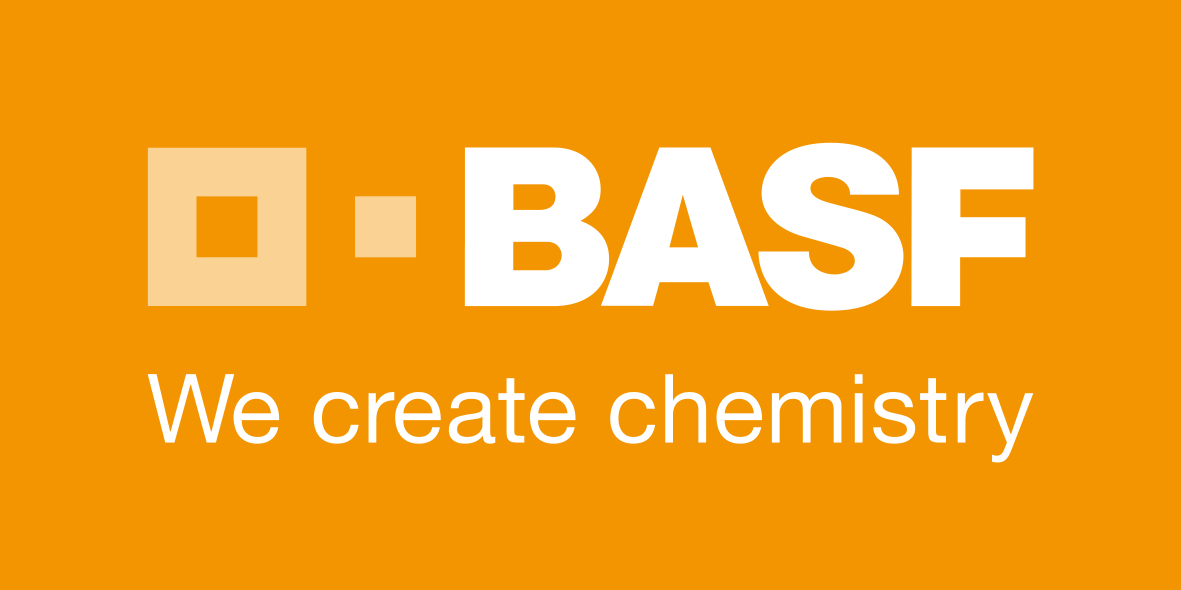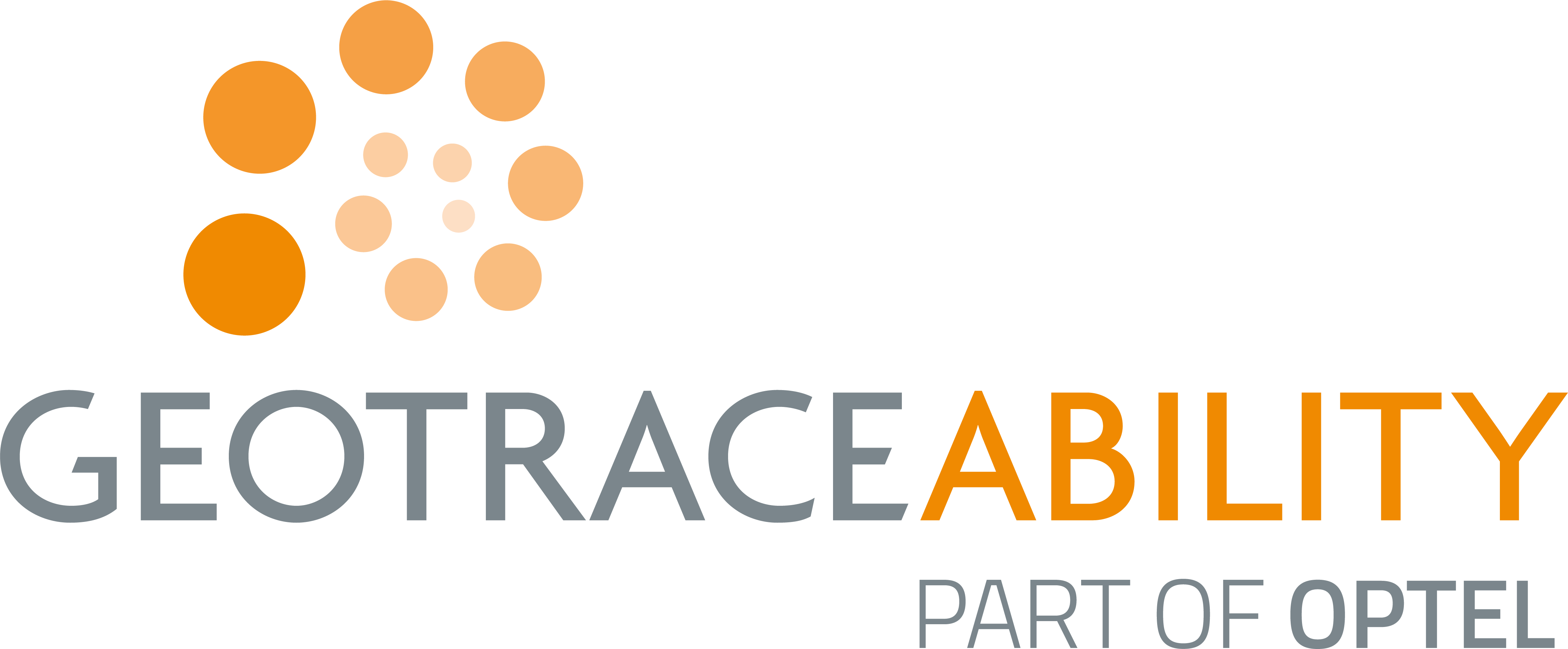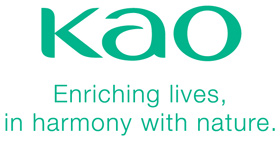Sarah Lake, Global Canopy Programme
Ahead of this year’s European Roundtable conference we will be interviewing speakers on key issues in the palm oil sector and how we can make change possible to deliver on commitments to 100% CSPO take up in Europe by 2020.
Sarah Lake is Head of the Supply Chains Programme, including the Forest 500 and Trase projects at Global Canopy Programme and works to develop innovative tools that help drive solutions to commodity-driven deforestation. Sarah holds a holds a PhD from the University of Colorado in economic and environmental sociology. She worked with Global Forest Watch at the World Resources Institute before joining GCP, and has over 10 years of experience working at the center of supply chains and environmental impacts.

- What is The Global Canopy Programme’s role in the movement towards sustainable palm oil?
GCP works to decouple deforestation from commodity production – including palm oil – through advancing transparency in supply chains, assessing the policies and progress of companies, and building financial mechanisms for sustainable supply chains. We do this by developing tools that help companies and financial institutions better understand the material risk that deforestation poses to them, and providing thought leadership on how to best improve practices. Through a combination of data, analysis, decision-support tools, and innovative communications, GCP works to support both the leaders and the laggards in removing deforestation from commodity supply chains.
- You will be taking part in the ‘Deforestation – a sustainability dilemma’ session at EURT, what are the key points that need addressing by the panel?
While deforestation is a crucial issue to address, it must be done so in a way that respects the need for local development opportunities and avoids simply pushing ‘bad actors’ to unsustainable markets. Too often companies or places can be painted in a bad light – instead the path to sustainability relies on investment in improving practices and working with supply chain actors to find the most effective means to address deforestation.
- In your opinion, is it possible to break the link between palm oil and deforestation?
It is not just possible, but it is necessary to break the link between palm oil and deforestation. Reliance on clearing forests will ultimately undermine the viability of palm oil production by contributing to climate change, encouraging unnecessary expansion, and risking a loss of access to markets that are growing increasingly dedicated to sustainable products. It will require a significant shift in how the industry operates to achieve this, but as it becomes both a financial and environmental imperative, one expects that private and public actors will align to make sustainable palm oil a reality.
-
- What innovations must be made downstream to achieve this?
Downstream in the supply chain, consumer goods manufacturers and retailers can help drive sustainable production by implementing strong requirements for their suppliers. But in order to implement sustainable sourcing practices at any stage, greater innovation around supply chain transparency and traceability is necessary. Until downstream companies can identify the origins of their materials, it is difficult, if not impossible, to guarantee the palm oil in their supply chains is free of deforestation. However bespoke traceability by each company is prohibitively time intensive and expensive – technological innovations in advancing this traceability at scale has the potential to unlock sustainability of the entire industry.
-
-
- RSPO members are already making strong commitments to cut deforestation out of the palm oil supply chain. Many are doing so through RSPO NEXT, which audits RSPO members against a no deforestation policy but what more must be done by others in the up-stream to create urgently needed sector wide change?
-
Improvements must be made upstream both in terms of production practices and in the landscapes where production occurs. For example, plantations and smallholders can work to maximize yields through sustainable intensification practices. But simultaneously improved governance over land is necessary, including expansion on to degraded land, improved protection of peatlands and conservation areas, and public incentives for protecting forests. Unfortunately, there is no single solution, but in order to achieve sustainable production we need a portfolio of approaches.
-
-
- Consumers are also part of the supply chain, what role can they play in helping to reduce deforestation?
-
Consumers play a crucial role in expanding the market for sustainable products – the more consumers demand deforestation-free products, the more companies are pressed to respond. And a bigger sustainable market brings financial incentives for companies, in turn helping the economy reach a tipping point in which environmentally unsustainable production also becomes economically unsustainable. Consumers can also help reward the companies living up to their sustainability commitments by preferentially purchasing from these companies. But not all consumers have this economic freedom and it is essential to make a sustainable market accessible by all consumers.
Sarah will be a panellist in the ‘Partnerships for Zero Deforestation’ session at the European Roundtable. You can join in the debate by following @rspotweets or by using the hashtag #EURT2017.













